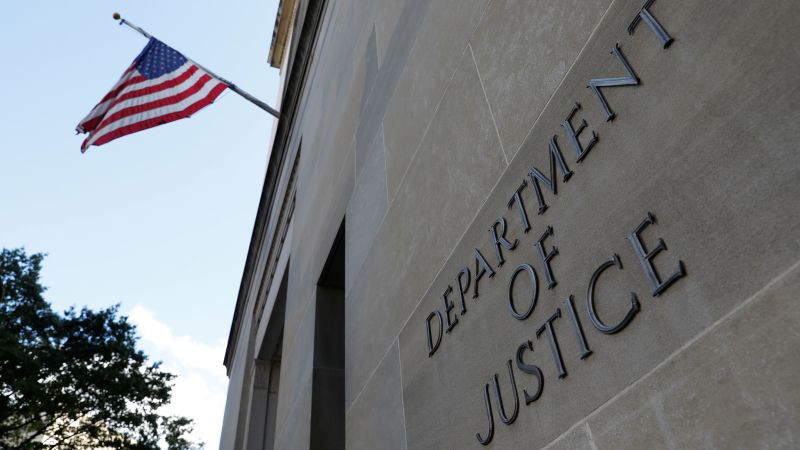The approach taken by the Justice Department during the early days of President Donald Trump’s administration has raised eyebrows amid intense discussions surrounding emergency lawsuits. The DOJ has displayed notable consistency in its response to over a hundred complaints alleging various federal government cutbacks and immigration policies that critics assert are unjust. Rather than prioritizing a nuanced legal perspective, the department has seemingly adopted the stance of defending every action purportedly desired by the Trump administration, even if it necessitates creating ambiguity around existing legal standards.
This strategy has manifested in various forms, including attempts to expedite legal processes. The Justice Department has allegedly sought to circumvent usual protocols by swiftly moving some contentious cases from lower courts directly to the Supreme Court or other appellate courts, thus attempting to gain a favorable ruling more rapidly. Additionally, there have been notable instances of selective interpretations of judicial orders, leading judges to call out the administration for applying a flawed rationale in legal matters.
One prominent example of the Justice Department’s operations is found in the case of Kilmar Abrego Garcia, an immigrant who faced wrongful deportation. Judge Paula Xinis of a Maryland federal court criticized the DOJ’s interpretation of a Supreme Court order directing the U.S. to facilitate Garcia’s return to the country, asserting that their duties went far beyond merely stating willingness to send a plane. The judge rebuked the administration for what she sees as a contrived understanding of ‘facilitate’ that completely contradicts both legal principles and reasonable logic.
Within this contentious landscape, various legal advocates have articulated longstanding concerns about the depths of the administration’s interpretive choices. A former official conveyed a notion that the drive behind the current administration’s legal posture is more about an exertion of power than adherence to precedence or rule of law. Such sentiments were echoed when discussing the Alien Enemies Act, prompting scrutiny over the adequacy of detention notifications provided to individuals slated for deportation. Allegations have surfaced that detainees often receive notifications in insufficient time and in languages unfamiliar to them, creating significant barriers for those seeking to contest their deportations.
Arguably, the most controversial aspect of the administration’s legal strategy is the assertion of near-impervious presidential power. Throughout various court arguments, the Justice Department has occasionally contended that Trump’s electoral mandate grants him authority surpassing that of judges. This position was especially highlighted during discussions surrounding his controversial immigration policies, which the administration staunchly defends as quintessentially aligned with his presidential platform. However, judges within these cases have been steadfast in asserting that popularity does not constitute a valid barrier to due process.
The Justice Department’s aggressive stance also extends beyond immigration, as it has defended budget austerity initiatives, with attempts to diminish the functions of governmental bodies like USAID and the Consumer Financial Protection Bureau. This legal posture took on a chilling note during proceedings aimed at countering actions taken by the administration against law firms perceived as politically adversarial.
As questions about credibility loom, practitioners and former officials have pointed to mounting concerns regarding the DOJ’s legal strategies and courtesies extended to administrative challenges. Critiques have escalated, with commentators lamenting that, in many of these cases, the DOJ’s legal reasoning has been riddled with obfuscation, leading to judges outright ignoring representations made by administration attorneys.
Bipartisan insight reflects a collective anxiety regarding the present administration’s increasingly tenuous relationship with established legal norms. Many observers express concern that the balance of governance has tilted precariously, urging restoration of the principle that law must remain a pivotal component of the executive’s authority. Facing undeniable public scrutiny, tensions between the executive branch, the judiciary, and broader governmental processes present critical questions about future governance.
In examining this evolving legal framework, it is pivotal to recognize the ramifications of potential executive overreach. The ongoing judicial scrutiny and unfolding litigation against the Trump administration will undeniably shape the narrative surrounding executive authority, legality, and adherence to constitutional norms going forward.



